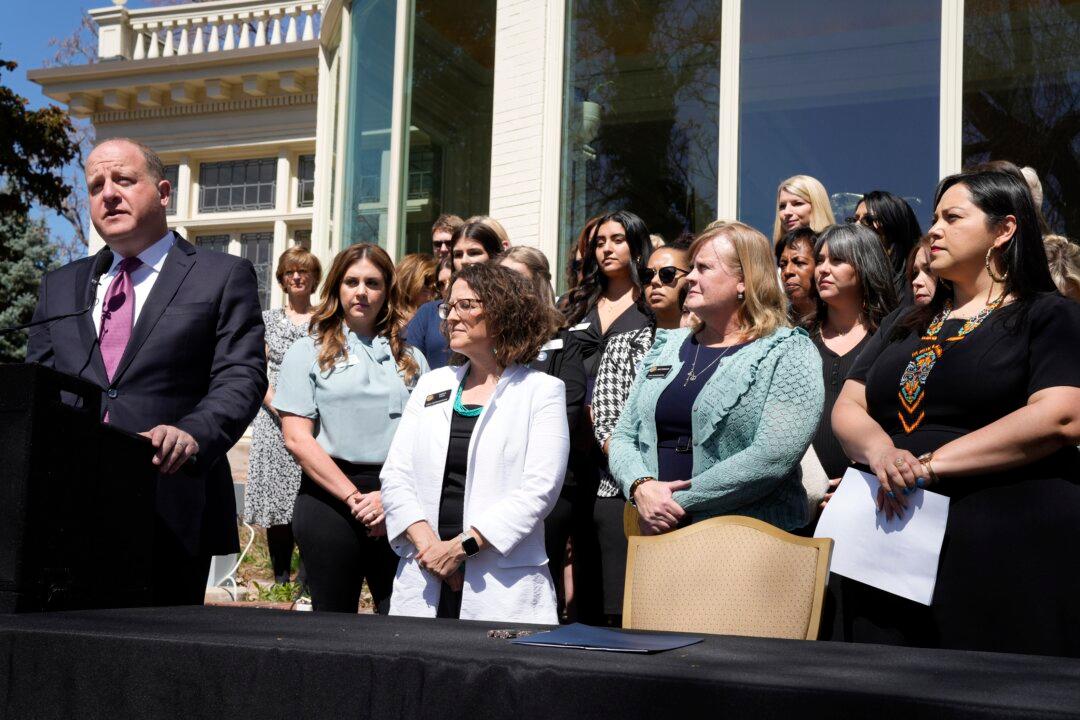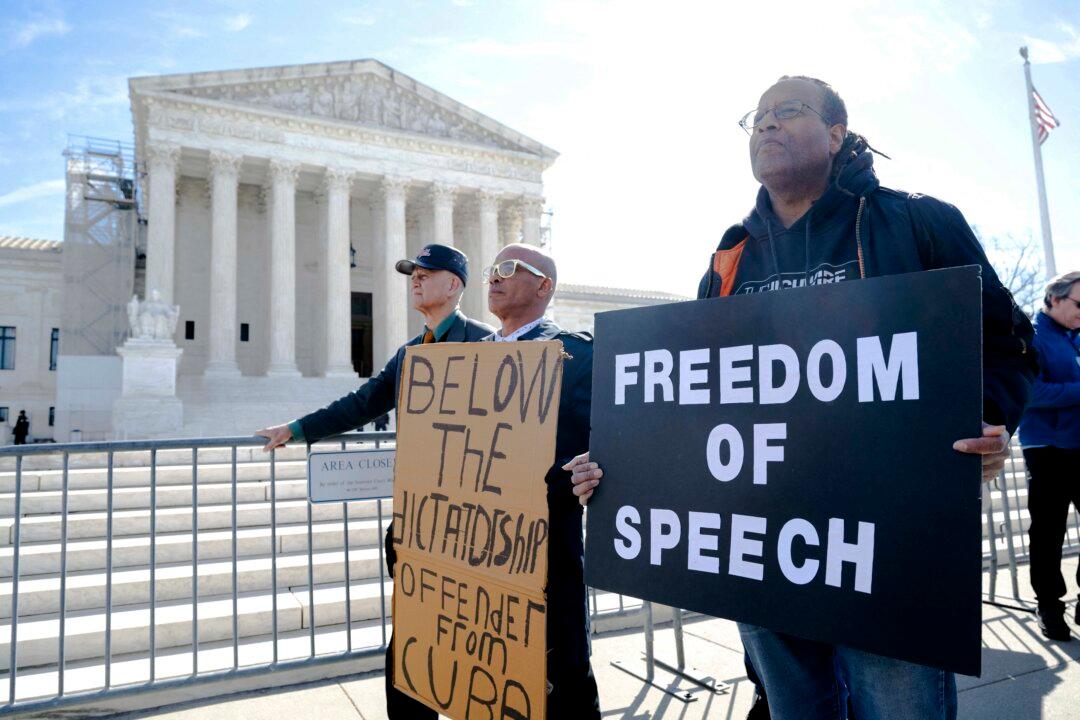Colorado residents used to enjoy low property taxes, thanks in part to the Gallagher Amendment—passed in 1982 after pressure from residents tired of skyrocketing residential property taxes. Gallagher required that the state’s total property tax burden be divvied up, with 45 percent collected from residential property and 55 percent from commercial property.
But in the November 2020 election, Colorado voters approved Amendment B, which repealed Gallagher. At the time, proponents of Amendment B successfully argued that repealing Gallagher would help fund schools and local governments. However, opponents argued that it would lead to a significant increase in property taxes.





